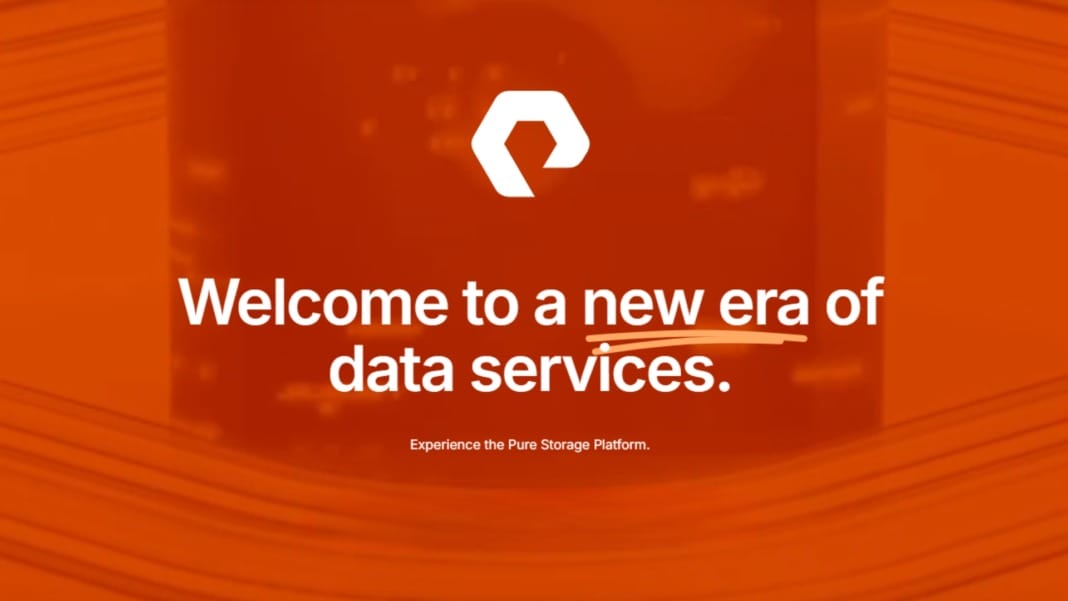A new report by enterprise automation firm UiPath reveals that agentic AI is gaining significant traction among IT leaders, with 90% of U.S. IT executives identifying areas where it could improve business processes. Furthermore, 77% of those surveyed plan to invest in agentic AI this year, underscoring its growing importance in managing complex workflows.
The UiPath 2025 Agentic AI Report, based on surveys with over 250 U.S. IT executives from companies generating over $1 billion in annual revenue, highlights agentic AI as a game-changer in the tech world. It also includes qualitative insights from senior technology leaders. The report finds that 37% of respondents are already deploying agentic AI, while 93% express high interest in further exploring its potential.
Agentic AI involves AI agents—software entities that can autonomously or semi-autonomously assess environments, process information, and execute actions to meet objectives. These agents are designed to mimic human decision-making in specific domains, making them essential for automating and optimising business processes.
Key benefits and challenges
While IT leaders acknowledge the benefits of AI and automation, they also face obstacles such as security, development complexity, integration, and data quality. According to the report, 58% of respondents see enhanced oversight of business workflows as the top benefit of agentic AI. Other major advantages include improved integration among applications (53%) and automation of complex business processes (52%).
However, a lack of integration with other business applications remains the primary limitation of current AI tools. Nearly 87% of executives consider interoperability between AI systems crucial for their success.
Daniel Dines, Chief Executive Officer and Founder of UiPath, explains the significance of agentic AI:
“Agentic AI is a transformative approach that greatly expands and enhances the ability to automate larger, more complex business processes. For agentic AI to have meaningful impact, organisations need to provide agents with the needed foundation to intelligently plan and synchronise actions across robots, agents, people, and systems, all within enterprise-grade governance and security. The most powerful use cases for agents will be those that can orchestrate across business systems.”
Overcoming hurdles and ensuring trust
Despite its promise, businesses remain cautious about fully adopting agentic AI due to ongoing concerns. The report highlights IT security (56%), integration with existing systems (35%), and high implementation costs (37%) as the primary challenges. Executives also stress the importance of safety, privacy, and seamless system integration for successful implementation.
“Safety and privacy” topped the list of essential requirements, with businesses wanting to ensure agentic AI operates autonomously while remaining secure and trustworthy. To address these concerns, experts suggest that orchestration through technologies like robotic process automation (RPA) is vital.
Max Ioffe, Director of the Global Intelligent Automation Centre of Excellence at Wesco Distribution, shares his perspective, “I expect that robotic process automation will orchestrate the agents. For larger scale processes, you need clear orchestration and governance, and that means a deterministic technology like RPA.”
Dines further notes that as AI systems evolve, businesses must strike a balance between autonomy and human oversight to prevent potential risks. “As AI systems become more autonomous, enterprises must strike a balance between autonomy and human oversight to prevent unintended consequences and guarantee that AI-driven actions align with ethical, compliance, and legal standards. A new era of agentic automation is going to address the challenges with orchestration, governance, and value derived from agentic AI,” said Dines.
The report signals a shift towards agentic AI as a solution that could not only address today’s challenges but also lay the foundation for future business innovations.





